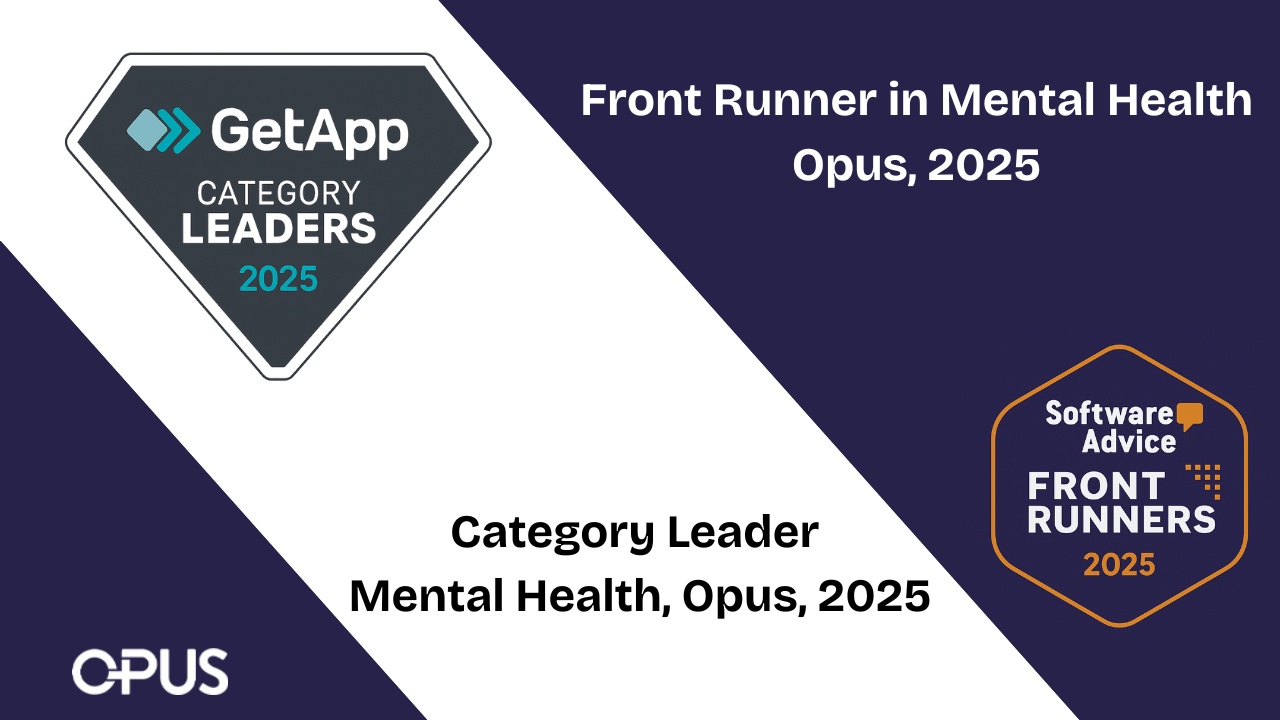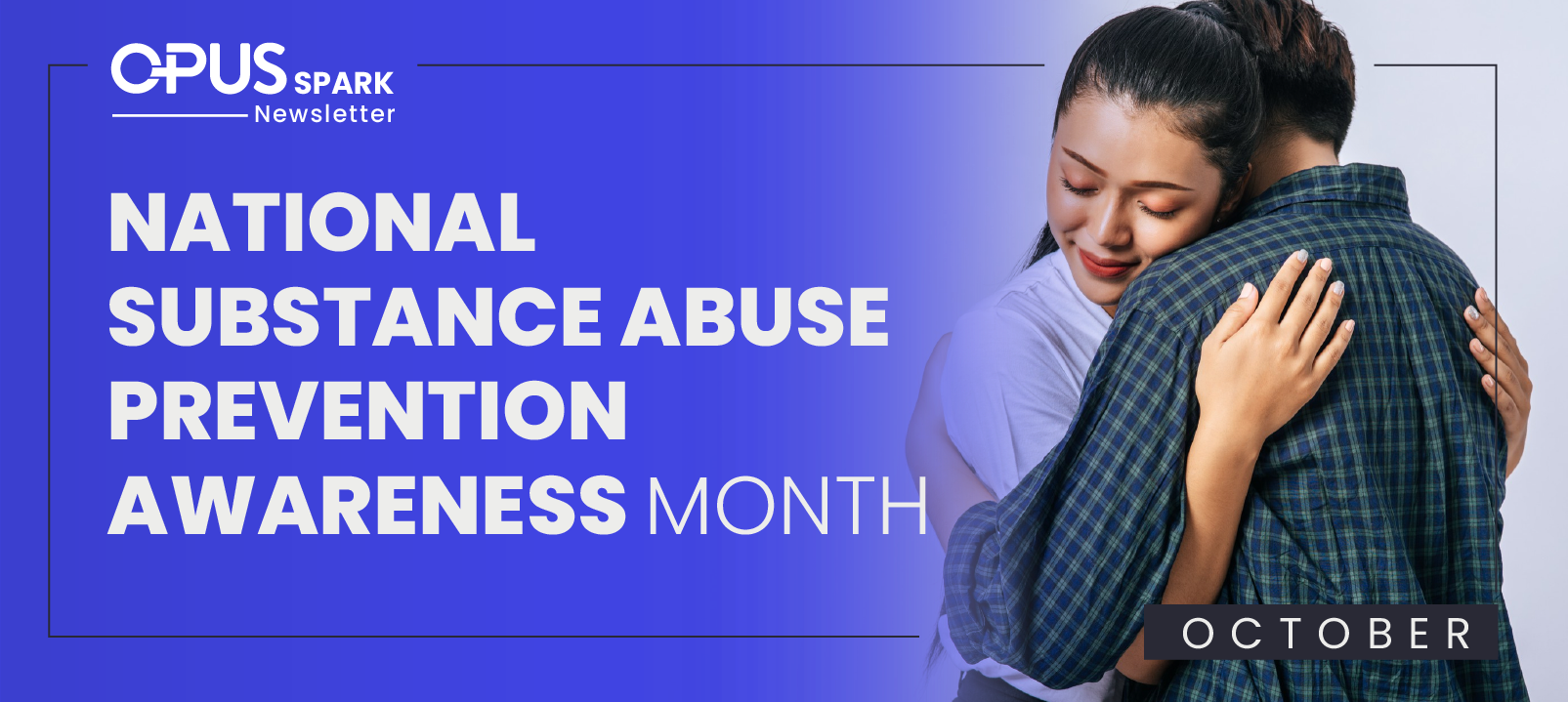National Drug and Alcohol Facts Week Blog
National Drug and Alcohol Facts Week (NDAFW) is an annual health observance that aims to inspire a dialogue about the science of drug use and addiction among youth. This is observed the week of March 20th-26th, 2023, providing an opportunity to bring together scientists, students, educators, healthcare providers, and community partners to help advance the science and address youth drug and alcohol use in communities and nationwide.
NDAFW was launched in 2010, by scientists at the National Institute on Drug Abuse (NIDA) to stimulate educational events in communities so teens can learn what science has taught us about drug use and addiction. Since then, the event has grown in popularity and now includes participation from various organizations, including schools, community groups, healthcare providers, and government agencies.
In 2016, the National Institute on Alcohol Abuse and Alcoholism (NIAAA) became a partner of NDAFW, and alcohol was added as a topic area for the week. This was an important development because alcohol is one of the most commonly used drugs among youth and can have serious consequences, including impaired judgment, increased risk of accidents, and even death.
NIDA and NIAAA are part of the National Institutes of Health (NIH) and work with leading organizations, media outlets, and other government agencies to spread the word about NDAFW. The event features a variety of resources, including lesson plans, fact sheets, and interactive tools, that can be used by educators, healthcare providers, and community groups to help young people better understand the risks associated with drug and alcohol use.
One of the key goals of NDAFW is to dispel common myths and misconceptions about drug and alcohol use. For example, many young people believe that prescription drugs are safer than illegal drugs or that smoking marijuana is not harmful. However, the scientific evidence tells a different story, and NDAFW provides an opportunity to share this evidence with young people in a way that is engaging and accessible.
Another important aspect of NDAFW is its focus on empowering young people to make informed decisions about drug and alcohol use. By providing accurate and up-to-date information about the risks and consequences of drug and alcohol use, young people can make better decisions that will help them lead healthier and happier lives.
National Drug and Alcohol Facts Week is an important annual observance that helps to advance science and address youth drug and alcohol use in communities and nationwide. By bringing together scientists, students, educators, healthcare providers, and community partners, NDAFW provides a unique opportunity to educate young people about the risks and consequences of drug and alcohol use, dispel common myths and misconceptions, and empower them to make informed decisions.
Resources:
In observance of the week, your organization can hold an event in an area near you. Here’s a link to learn more on how to hold a National Drug and Alcohol Facts Week Event: https://nida.nih.gov/research-topics/parents-educators/national-drug-alcohol-facts-week/plan-your-event
Drug and Alcohol Facts in the United States:
Drug and alcohol abuse is a significant issue in the United States. According to the National Survey on Drug Use and Health, around 21.6 million Americans aged 12 or older had a substance use disorder in 2020, with 14.5 million specifically struggling with an alcohol use disorder.
Drug and alcohol addiction is a complex issue that affects individuals and their loved ones. Substance abuse can lead to negative physical, psychological, and social consequences. However, recovery from addiction is possible with the right treatment and support.
The United States has faced a severe drug and alcohol epidemic for decades. Here are some essential facts about drug and alcohol use in the country:
- The opioid epidemic has claimed tens of thousands of lives each year. In 2019, over 70,000 Americans died from a drug overdose, with nearly 50,000 involving opioids.
- Alcohol-related deaths are also on the rise, with approximately 95,000 Americans dying from alcohol-related causes annually.
- Marijuana use has been on the rise, with over 40% of Americans reporting using it at least once in their lifetime.
- Prescription drug abuse is a growing problem, with nearly 10 million Americans reporting misusing prescription opioids in 2019 alone.
Recovery Tips
Recovery from addiction is challenging but achievable with the right mindset, treatment, and support. Here are some tips for those who are struggling with addiction and seeking recovery:
- Seek professional help: Seeking professional help is the first step in recovery. A licensed therapist or counselor can provide the necessary support and guidance to overcome addiction. They can help identify the root causes of addiction and develop a personalized treatment plan.
- Join a support group: Support groups, such as Alcoholics Anonymous or Narcotics Anonymous, can provide a sense of community and encouragement. They offer a safe space to share experiences and learn from others who are going through similar struggles.
- Make lifestyle changes: Making healthy lifestyle changes can help support recovery. This includes eating a healthy diet, exercising regularly, and getting enough sleep. Avoiding triggers, such as people or situations that may lead to substance use, is also important.
- Practice self-care: Taking care of oneself is crucial in recovery. This includes engaging in activities that promote relaxation and stress relief, such as yoga or meditation. Developing healthy coping mechanisms, such as journaling or talking to a friend, can also be helpful.
- Set realistic goals: Recovery is a long-term process, and it's essential to set realistic goals. Celebrating small successes along the way can help maintain motivation and build confidence.
Drug and alcohol addiction is a significant problem in the United States. However, recovery from addiction is possible with the right mindset, treatment, and support. Seeking professional help, joining a support group, making lifestyle changes, practicing self-care, and setting realistic goals are essential steps to achieving recovery. Remember that recovery is a journey, and asking for help along the way is okay. Opus EHR is here as a helpful resource in the industry to support Behavioral Health Treatment Center Practices with their software solutions, so they can focus on what matters most, patient recovery. Visit www.opusehr.com to learn more about our powerful resources, products, and services.






